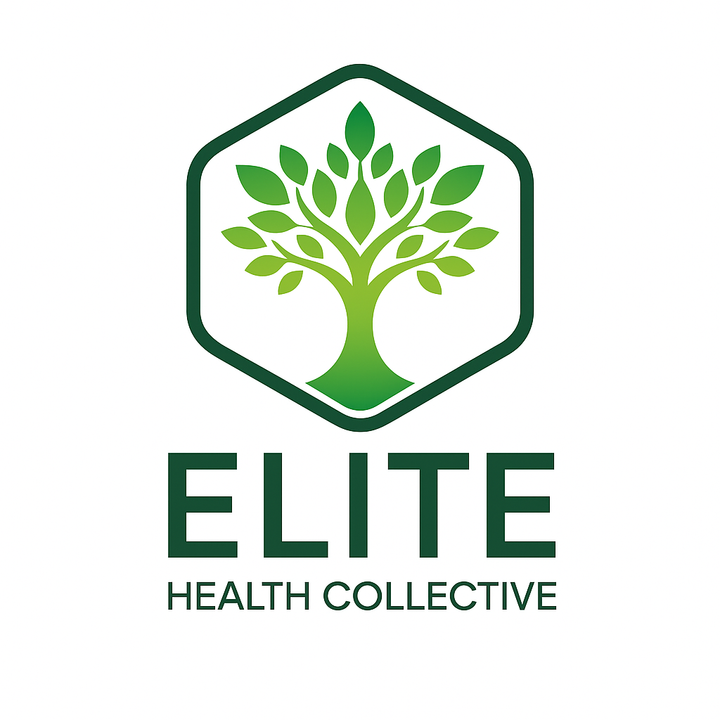The Top 7 Benefits of Red Light Therapy
Red light therapy (RLT) is a non-invasive wellness technology that uses specific red and near-infrared (NIR) wavelengths to gently support the body’s natural functions. Backed by years of research, RLT is used by athletes, skincare professionals, and wellness enthusiasts to enhance performance and promote balance.
- Improved Skin Health: Supports smoother texture and tone while reducing visible signs of aging.
- Pain & Inflammation Support: Promotes comfort and flexibility through gentle light stimulation.
- Faster Muscle Recovery: Helps reduce soreness and fatigue after workouts or physical activity.
- Enhanced Circulation: Encourages blood flow and oxygen delivery to tissues.
- Increased Cellular Energy: Stimulates mitochondria to boost ATP production for natural vitality.
- Mood & Mental Clarity: NIR wavelengths support calm, focus, and emotional balance.
- Long-Term Wellness: Regular use contributes to relaxation, balance, and overall rejuvenation.
Understanding Wavelengths
Each wavelength penetrates the body to a different depth, targeting specific tissues and benefits. The most effective range is between 630nm and 850nm, with 660nm (Red) and 850nm (NIR) recognized as the gold standards for full-spectrum benefits.
| Wavelength (nm) | Type | Depth | Benefits |
|---|---|---|---|
| 610nm | Red | Superficial | Enhances skin radiance and tone |
| 630nm | Red | Epidermis | Supports collagen, reduces redness |
| 660nm | Deep Red | Dermis | Boosts circulation, skin health, and comfort |
| 810nm | Near-Infrared (NIR) | Muscle Tissue | Supports muscle recovery and energy balance |
| 830nm | NIR | Connective Tissue | Helps reduce inflammation and stiffness |
| 850nm | NIR | Deepest (Joints) | Promotes deep recovery and overall vitality |
Quick Tip: For best results, look for a device that combines 660nm (Red) and 850nm (NIR) wavelengths to target both skin and muscle tissue.
This content is for educational purposes only and is not intended to diagnose, treat, or replace professional medical advice. Always follow your device’s usage guidelines.






